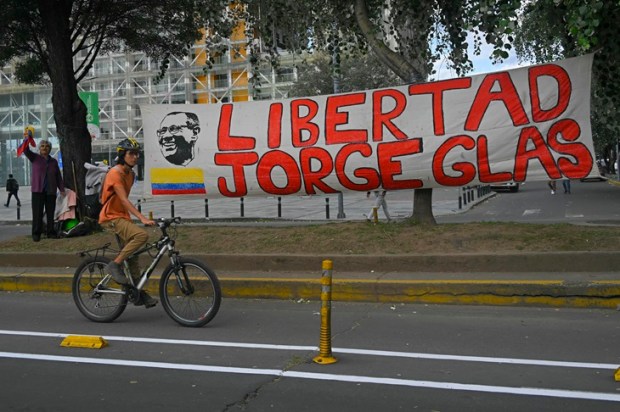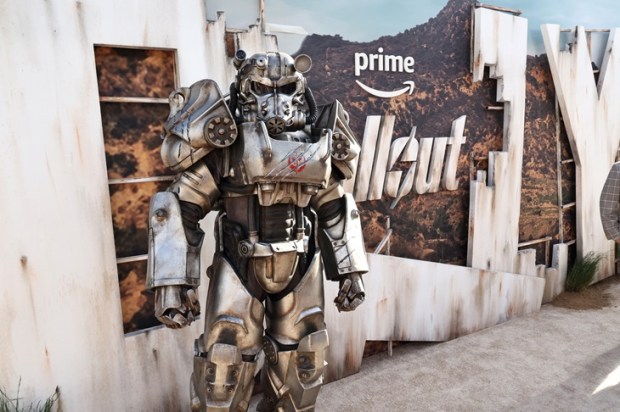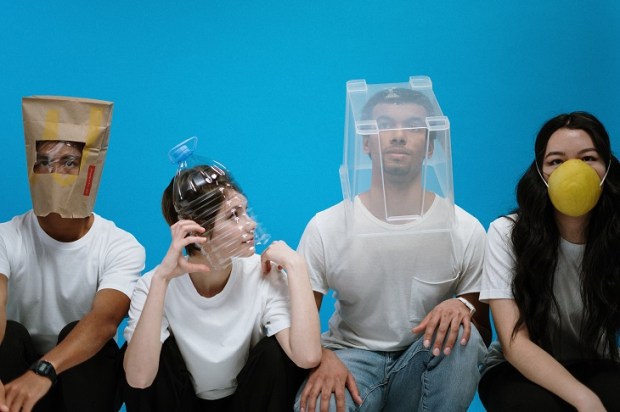I have a friend, well educated and aware of current affairs, but I always seem to have some sort of disagreement with him about The Voice, a topic to which he came not too long ago. He is in favour of the referendum and I am against.
After much discussion and a lot of disagreement, because we were talking at cross purposes, we have finally come to an understanding. We both agree that Aboriginals in remote and isolated areas have been badly treated. We both believe that these people, living in remote and isolated areas need to be able to have their own voice, to speak for themselves so that they can assimilate as they wish. We both agree that urban Aboriginals should not be included as they have their voice and are not disadvantaged any more than any other citizen.
He believes that the referendum question has been resolved and only remote Aborigines will be entitled to a voice. I strongly disagree. As far as I am concerned, the actual wording of the referendum has not been determined, and nor has there been any attempt to determine who will be involved in the voice. Marcia Langton and Noel Pearson are as removed from the remote living Aborigines as I am and they should not be part of the voice, despite their advocacy for it. We both agree that there is no real objective definition of an Aborigine. He believes at least 50 per cent Aboriginal heritage should be required, similar to North American Indians, whereas I believe that it should be Aboriginals living in remote areas with at least 50 per cent Aboriginal heritage. We both agree that self-determination is not satisfactory; it should, if necessary, be by genetic testing. Acceptance into an Aboriginal community is not an adequate test.
I was surprised to learn that my friend has never read the Uluru Statement from the Heart, in fact, he doesn’t really know how it was generated. Similarly, he seems unaware that enshrining a voice in our Constitution will give special rights to a group, based on racial heritage, in perpetuity, when disadvantage should only take at most one or two generations to eliminate, if the job is done properly, as it never has been.
There does not seem to be any intention on the part of any Aborigines to revert to their former, nomadic, hunt and forage existence. They want to be part of the modern Australian society, to benefit from the riches, cultural and actual, that flow from our modern life. Think of sport, the arts, business; all entirely alien to their forebears but now adopted wholeheartedly, whenever possible. Certainly, there are issues with juvenile criminality that may be caused in part by an awkward meshing of the modern and traditional worlds. We don’t listen to remote Aborigines when they want shelter, providing housing that is totally unsuitable for their lifestyles. We do not provide the necessary maintenance and they do not have the skills to do it themselves. They are victims of the ‘Aboriginal industry’.
My friend and I agree that it would be far better to listen to each individual group and address their problems on an individual basis. He acknowledges that many Aboriginal communities consist of a number of different family groups, groups which, prior to settlement, were often at war with one another. No two Aboriginal groups are identical and their history is one of conflict between tribes, a conflict which continues to this day.
The disadvantaged Aborigines should determine what they require. Money should then be assigned to the group and they should choose how it should be spent, not some bureaucrat in Brisbane, or Perth, or Sydney or Canberra. The costs could not be any more than they are now and probably far, far, less, with few hangers-on bleeding the system. The remote communities may actually get something that suits them.
The remote and isolated Aborigines need to have jobs, paid jobs, meaningful jobs, so that they can be part of the Australian society. Welfare hand-outs destroys them just as it destroys so many other welfare recipients. Jobs may well have to be manufactured, skills developed and wages subsidised, but that is better than giving them a dole with no responsibilities. There are a multitude of jobs requiring attention in rural industries, jobs which many Aboriginals would be happy to take up as they would be close to their ancestral lands. This is a far better use for the Aboriginal welfare payments.
I advance the belief that there is nothing that we cannot do right now, to improve the lot of Aborigines in remote and isolated areas. We just need to listen to them and get the aboriginal industry out of the way. Those who continue to live the old ways and understand the language and culture can continue to do so. They will adapt, if and when required. There should be no conflict with the rest of Australia.
Got something to add? Join the discussion and comment below.
Get 10 issues for just $10
Subscribe to The Spectator Australia today for the next 10 magazine issues, plus full online access, for just $10.


























Comments
Don't miss out
Join the conversation with other Spectator Australia readers. Subscribe to leave a comment.
SUBSCRIBEAlready a subscriber? Log in